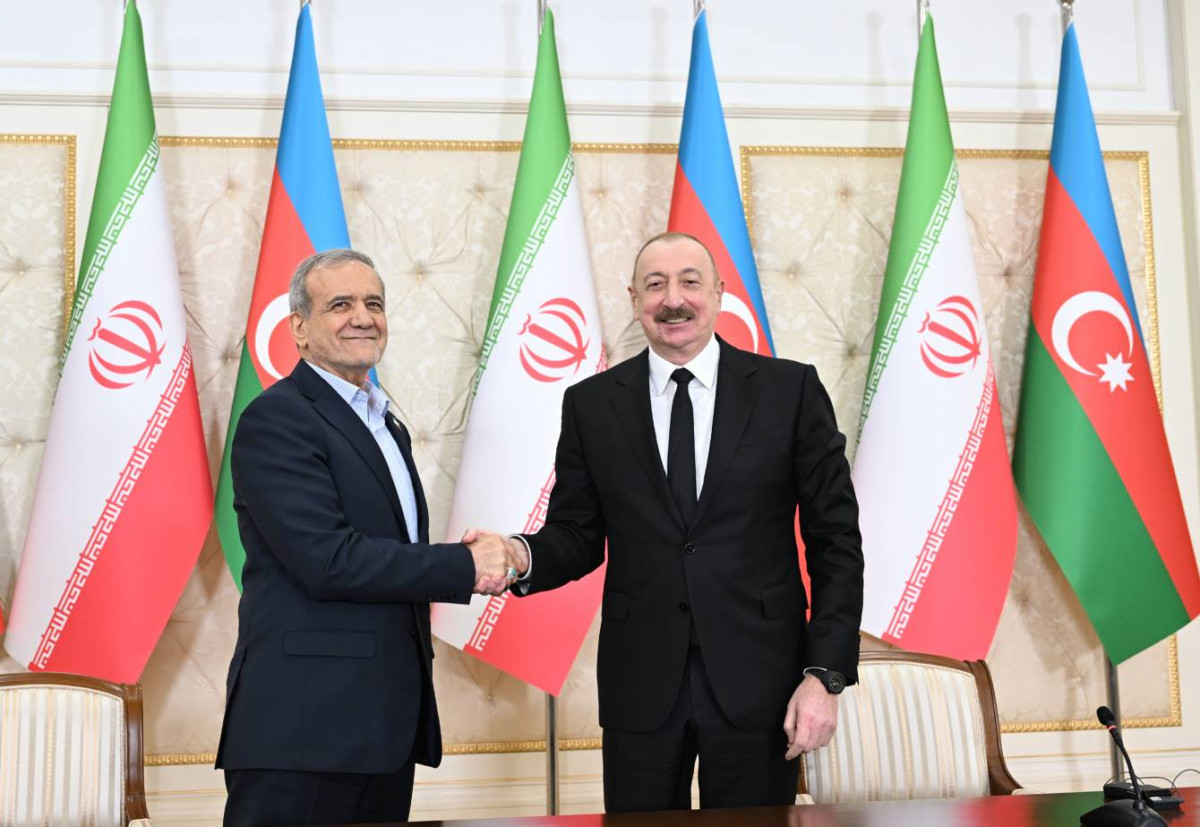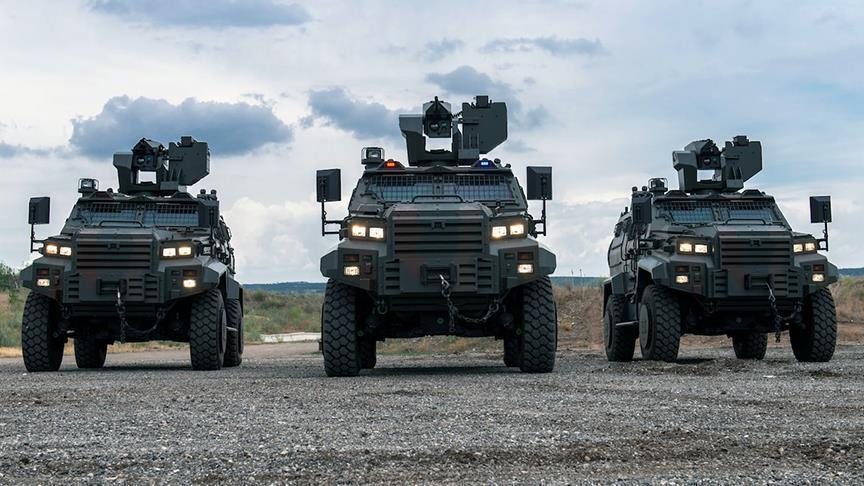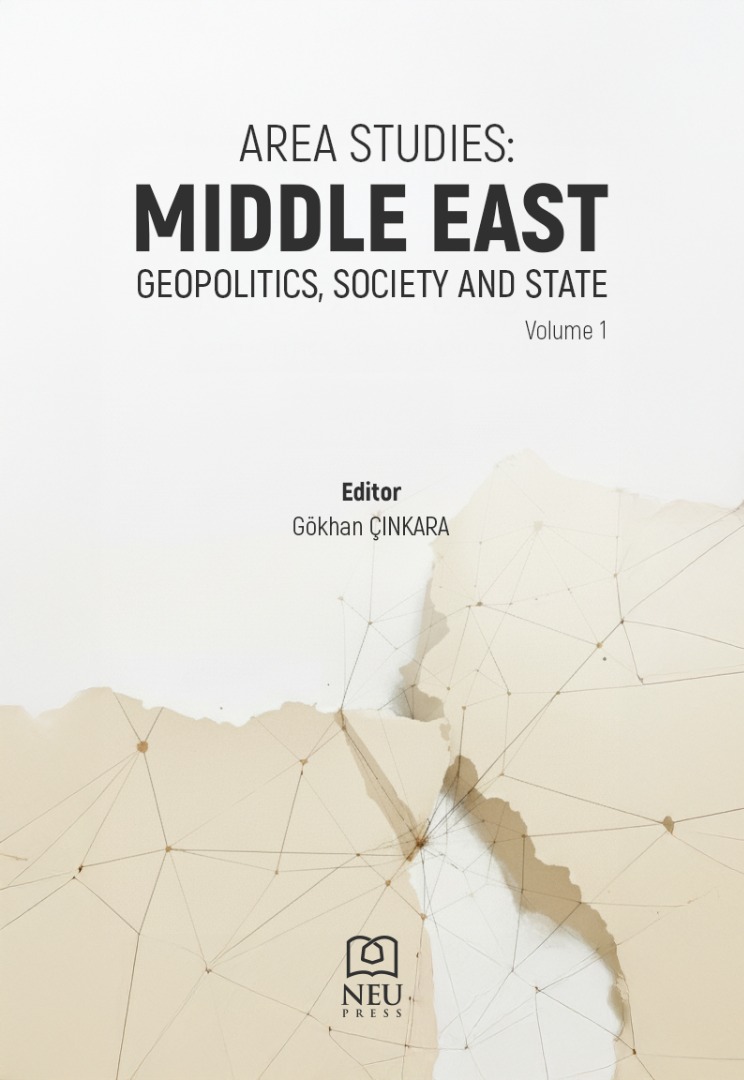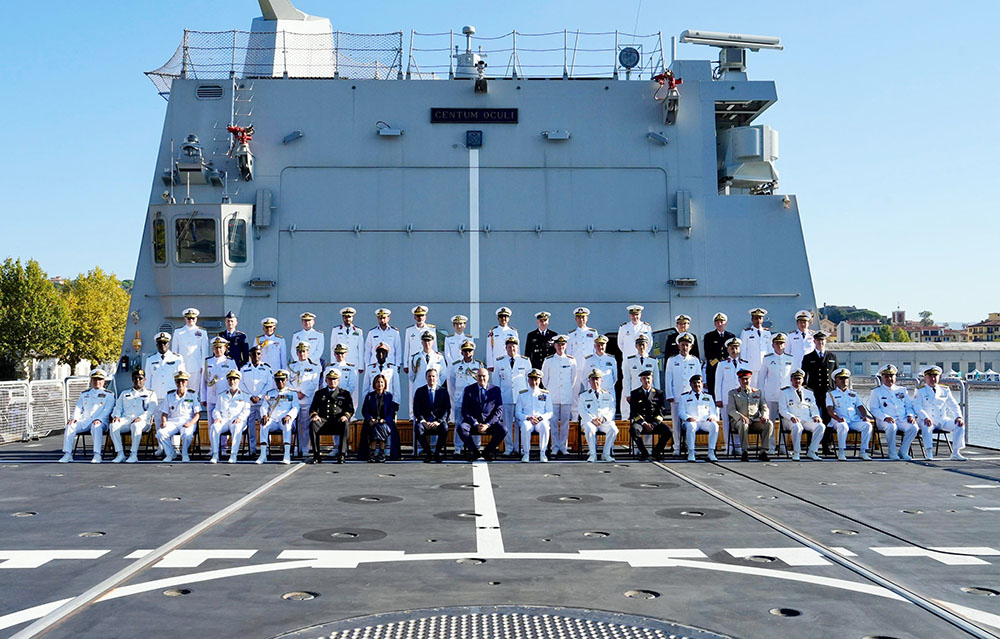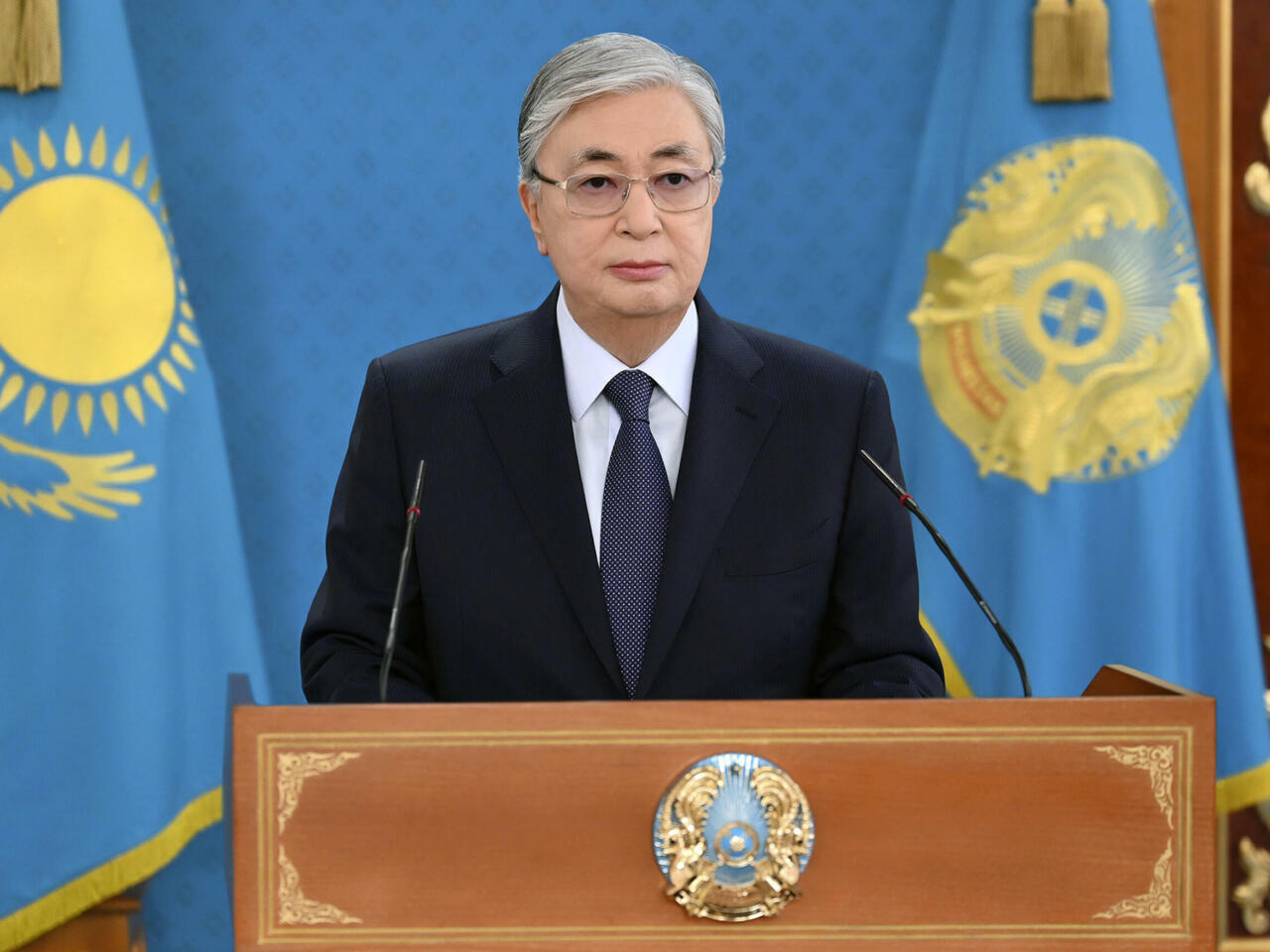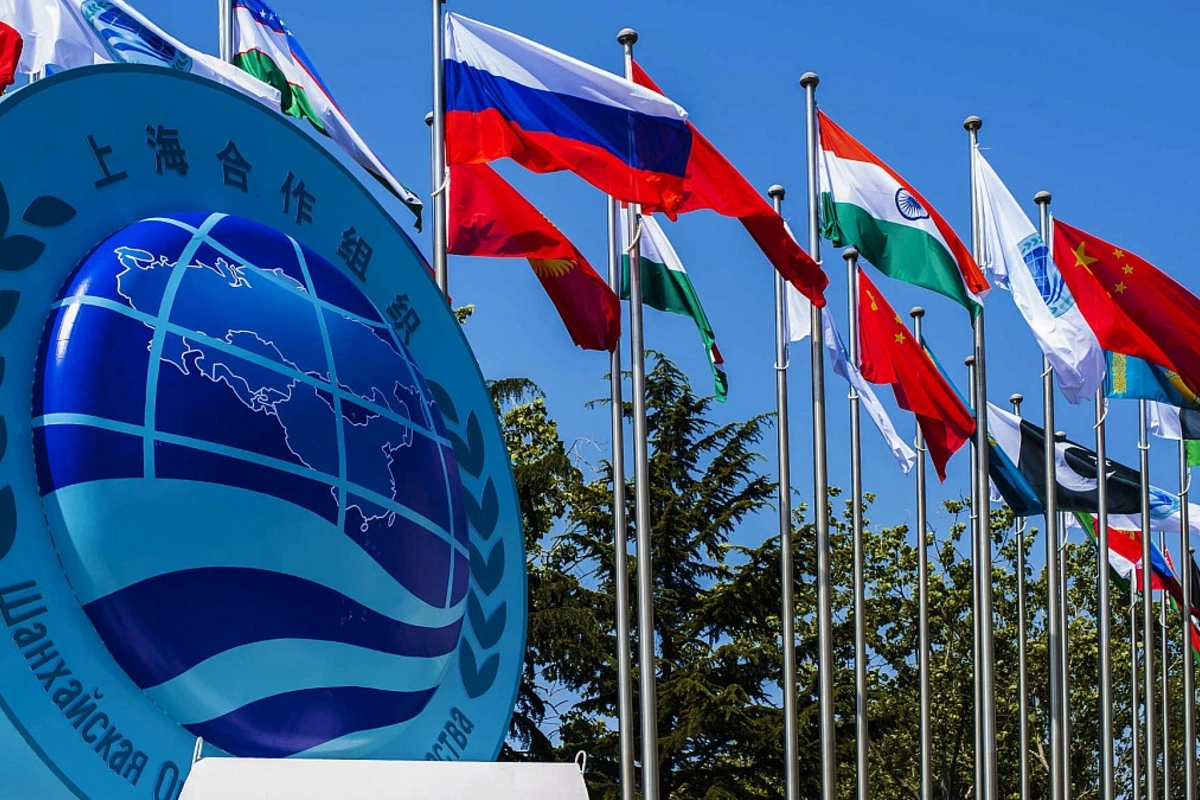
Azerbaijan is watching rising unrest in neighboring Iran and the prospect of new Israeli or American strikes on that country with concern
A late January visit by Israeli Foreign Minister Gideon Saar to Baku, where he met with President Ilham Aliyev and Foreign Minister Jeyhun Bayramov, was framed by Azerbaijani state media as a significant event reflecting Azerbaijan’s growing authority within regional and global security frameworks.
Israel and Azerbaijan have a long-standing strategic partnership, and the inclusion of a large business delegation underscored Israel’s intent to expand economic cooperation with Azerbaijan, likely through joint projects in energy and infrastructure, especially in the formerly war-torn Karabakh region.


